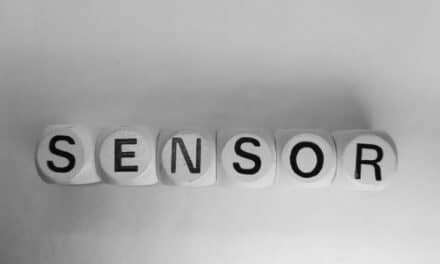Almost half of the female participants in a recent study noted that they experienced a diagnosed or suspected concussion, but didn’t report it to their coaches or trainers.
“Our results suggest that, most of the time, the athlete who is experiencing symptoms of a concussion doesn’t even recognize it as a concussion,” comments the study’s lead author Tracy McDonald, MSN, RN, CCRN, of The University of Kansas Hospital, Kansas City. “Even when they do recognize it as a concussion, they are unlikely to report it to seek help.”
In the study, published in the Journal of Trauma Nursing, the official publication of the Society of Trauma Nurses, published by Wolters Kluwer, McDonald and colleagues surveyed 77 high school female athletes about their experience with sports-related head injuries and concussion symptoms. Thirty-one of the athletes said that they believed they had sustained a concussion—a rate of about 40%, according to a media release from Wolters Kluwer Health: Lippincott Williams and Wilkins.
Of the 31 athletes who reported a suspected concussion, 10 didn’t tell a coach or trainer about their symptoms. Their reasoning was they thought the injury “wasn’t a big deal,” they wanted to keep playing, or thought the symptoms wouldn’t last long.
Overall, three-fourths of the athletes—58 out of 77—said they had experienced some type of symptom consistent with concussion after traumatic contact. “Even though the majority of these students did not associate those symptoms with having a concussion, they likely did,” McDonald states in the release.
Among the participants, basketball players were most likely to report diagnosed or suspected concussions (53%), followed by soccer players (43%). Headache was the most frequent symptom, followed by dizziness, sensitivity to light or noise, and blurred vision. Symptoms lasted less than a day in two-thirds of athletes. However, among 10% of the participants, their symptoms lasted a week or longer.
According to the authors, the findings suggest “a limited understanding of the risks associated with concussion injuries.” Only two-thirds of the athletes said they had received concussion education as part of their school curriculum or athletic program.
“Under-reporting of concussions and concussion-like symptoms in athletes continues to be a serious medical concern and research focus,” the researchers conclude in the release.
[Source(s): Wolters Kluwer Health: Lippincott Williams and Wilkins, News





